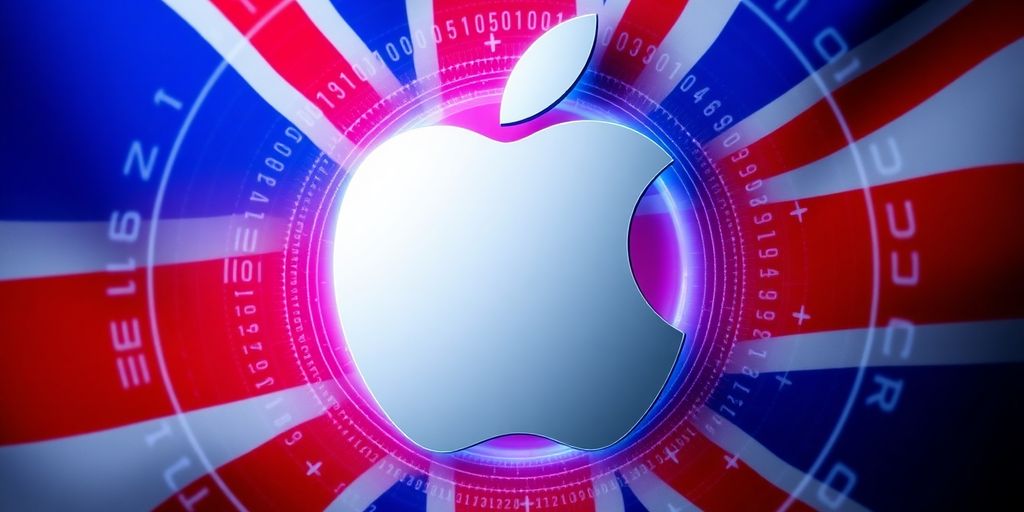Apple has initiated legal proceedings against the UK government in response to demands for a backdoor into its iCloud encryption system. This unprecedented move highlights the ongoing tension between tech companies and government authorities regarding data privacy and security.
Key Takeaways
- Apple has filed a complaint with the Investigatory Powers Tribunal (IPT) against the UK government’s encryption backdoor demand.
- The legal challenge follows a January order from the Home Office requiring Apple to provide access to encrypted iCloud data.
- Apple has removed its Advanced Data Protection (ADP) feature from the UK market rather than comply with the order.
- The case could set a significant precedent for data privacy laws and government surveillance powers.
Background of the Dispute
In January 2025, the UK government issued a secret order demanding that Apple create a backdoor in its Advanced Data Protection (ADP) system, which provides end-to-end encryption for user data. This order is part of the Investigatory Powers Act of 2016, which allows authorities to compel companies to break encryption for national security purposes.
Apple, known for its strong stance on user privacy, responded by withdrawing the ADP feature from the UK market. The company stated that it was "gravely disappointed" to remove this security measure, emphasizing its commitment to user privacy and security.
The Legal Challenge
Apple’s legal challenge is being heard by the Investigatory Powers Tribunal, an independent judicial body that oversees complaints against UK security services. This case marks the first significant test of the UK’s encryption-breaking powers under the Investigatory Powers Act.
The tribunal will assess the legality of the Home Office’s order and could potentially overturn it. The hearing is expected to be conducted in secrecy due to national security concerns, limiting public access to the proceedings.
Government’s Position
The UK government argues that bypassing encryption is essential for national security and for investigating serious crimes, such as terrorism and child exploitation. Officials maintain that the request for a backdoor is a necessary measure to protect citizens from the most severe threats.
However, critics, including Apple, argue that creating a backdoor compromises user privacy and could set a dangerous precedent. Apple has consistently stated that it has never built a backdoor into its products and will not do so in the future.
International Implications
The UK government’s demand has drawn scrutiny from the United States, with concerns that it may violate the CLOUD Act, which restricts foreign governments from accessing encrypted data held by U.S. companies. This situation has raised alarms about the potential for misuse of data by authoritarian regimes and the implications for global data privacy standards.
Conclusion
As the legal battle unfolds, the outcome could have far-reaching implications for data privacy laws and the relationship between technology companies and government authorities. The case not only highlights the ongoing debate over encryption and user privacy but also sets the stage for future conflicts between tech giants and governments worldwide. Apple’s commitment to user privacy will be tested as it navigates this complex legal landscape.












